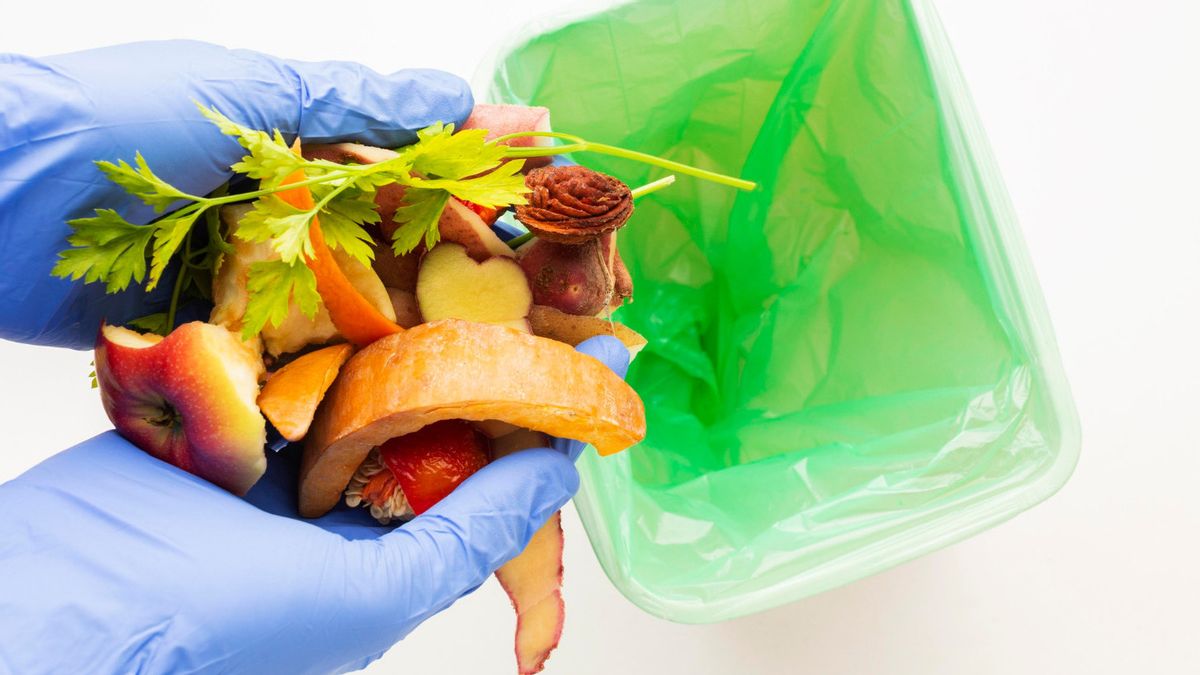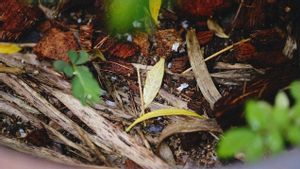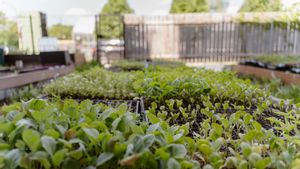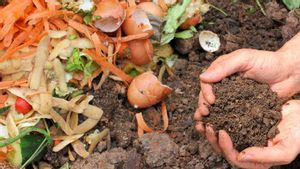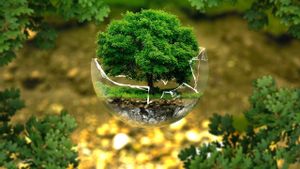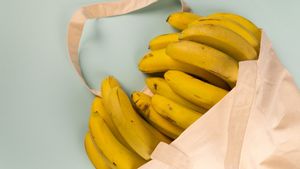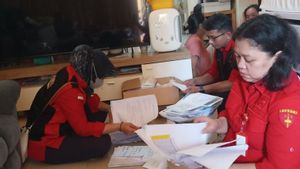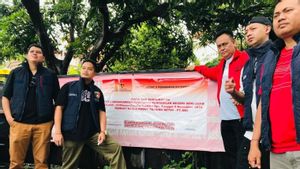YOGYAKARTA In principle, composting is the process of breaking organic waste into composts that fill the soil. It is important to know, globally a third of the food produced for human consumption is lost or wasted. Launching the World Food Program, Wednesday, August 23, the amount reaches 1.3 billion tons per year. The food waste includes organic waste, because it is easy to rot and decompose in nature. In addition, leaves, fruit skin, fresh vegetable stems, leaves, and branches are also included in organic waste.
The process of converting waste into usable products, or called composts. Compos can help maintain and menutrisize the soil to increase plant growth. Reported by Soil Health, there are the following ways for postulation.
Organic materials decay due to exposure to air. The resulting heat accelerates the breakdown of complex proteins, fats, and carbohydrates. So the postulation time is relatively shorter. This process also destroys many microorganisms which are human or plant pathogens.
Although in this way many nutrients are lost and require user intervention. But aerobic postulation is more efficient than an anaerobic postulation.
This second method is processed by sealing organic waste and avoiding pests. The advantages are quite low requiring user intervention but the process is old. If there are no aerobic microorganisms that can outline by-products, compost needs to be further processed before being used on plants.
Certain earthworm species can be used to increase composting and produce superior composts naturally. These resistant worms eat organic kitchen waste, then digest it and then release it in the form of grains known as kascing. In addition to other nutrients, kascing is rich in NPK which increases plant growth, suppresses disease, increases porosity and microbial activity in endurance, and increases water retention and aeracy. However, this third way of composing requires relatively high care, including dealing with earthworms.
SEE ALSO:
Many people believe that composting is a complicated, messy, and rotten process. This doesn't happen if you follow the correct postulation process. Composability is actually very simple. Just change the organic waste layer or green layer and dry leaves, soil, coconut fiber and/or bioclean or brown coating, to make a concoction that converts organic waste into humus or compost.
The English, Chinese, Japanese, Arabic, and French versions are automatically generated by the AI. So there may still be inaccuracies in translating, please always see Indonesian as our main language. (system supported by DigitalSiber.id)
